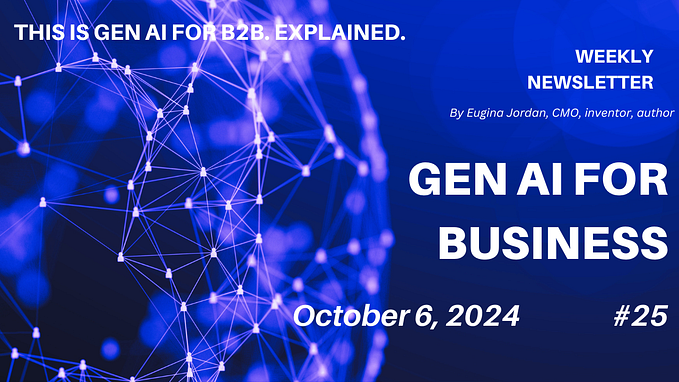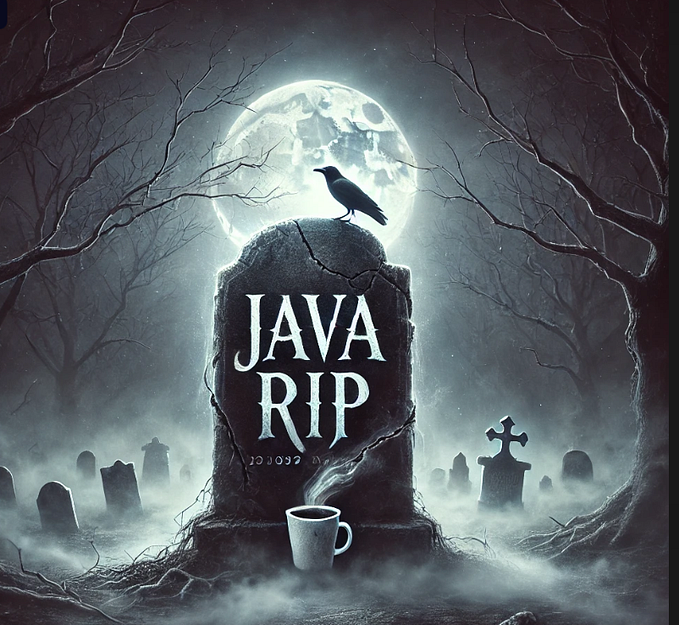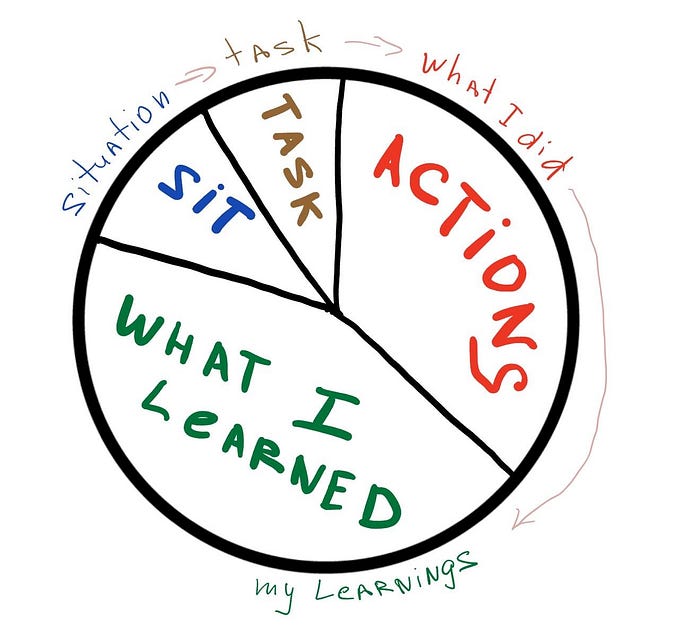What is Clean Code?

The easiest and most common definition of clean code is code that is simple to read and modify. In other words, clean code is a reader-centered development style that results in simple software to write, read, and maintain. In many cases, when an application performs as expected, you might be tempted to think of your work as finished. But our work goes beyond creating code for computer use.
Clean code is about understanding that your target audience consists of actual people, not just computers. With this in mind, let’s go over why clean code matters and dive into some tips and tricks for practicing it.
Why Does Clean Code Matter?
Most code is written and then modified over time to keep it relevant and effective for the project rather than being written and then forgotten about. You will likely not be the only person who needs to understand what your code does, so it must be obvious.
Although you can use comments, if that’s the only way your code communicates with itself, you’re writing dirty code. Here we can learn about why clean code matters.
- Teamwork
- Reusable Code
- Confidence in the Code
- Evident Growth
1. Teamwork
In the software development industry, you will not last long if you don’t work on a project that involves real-time collaboration or legacy code. Working with code that other people have written or will write makes the value of clean code clear. It takes time for everyone involved to dive into code that lacks a clear direction, as you waste time figuring out what the code is supposed to be doing.
2. Reusable Code
It is more likely that you can reuse your code if it is cleaner. Writing clear, structured code can eliminate the need for extensive commenting. You become a more effective programmer by writing clean code because it takes less time to write and only accomplishes one clear task. Additionally, maintaining clean code is quicker and simpler.
3. Confidence in the Code
Asking for help from a colleague and then having to wade through poorly written code to find the issue is never a boost for your confidence. When you can discuss your code clearly, you can more effectively ask for help and suggestions on how to make what you write better. It benefits you by raising the quality of your code, which you’re proud to share with your team, knowing they’ll have an easier time working on it too.
4. Evident growth
Not all of your code will be clean. And that’s okay because developers are constantly evolving and learning. Knowing better allows you to do better. It will be easier to read and debug your code in the future if you take the time to write clean code now.
- You can increase your technical vocabulary by ensuring your code can speak for itself.
- It takes focused dedication to convey your message in clean code; it won’t write itself.
You’re mistaken if you believe writing code takes up most of your time. You spend more time reading code, debugging issues, identifying issues, and coming up with solutions. All of those tasks are made simpler by clean code. It is generally agreed upon among programmers that clean code is preferable.

Clean Code Habits
It may be possible for you and your colleagues to enjoy coding more if you adopt, monitor, or abandon some simple habits. Develop habits that promote clean code, such as:
- Keep them brief and to the point, and double-check your naming conventions.
- Maintain consistency. Use the same names for similar functions (Get vs Fetch, Set vs Update, Add vs Append).
- If you repeatedly copy and paste code, think of more effective ways to increase the efficiency of your code.
- Keep database requests as simple and effective as you can.
- Trust your instincts. If you think a piece of code is too complicated or not the best way to do something, stop writing it. Spend a little time reflecting on the procedure to see if you can develop a better approach.
- Discuss with your colleagues. Be open to suggestions and compare their code to yours.
Benefits of Clean Code
It should be clear that “clean code” does not mean “over engineered code,” so perhaps we should use the term “cleaner code” instead of just “clean code” to make this point. The following are a few of the many benefits of writing Clean Code:
- It is easier to grasp.
- What the code will do is clear to you.
- Even when you return six months later, you will understand it.
- It will be simpler for others to understand.
- A clean code will be easier to safeguard.
- Complex, messy code is challenging to test. It is not only difficult to unit test, but it is also difficult to perform any automated testing if the underlying code is messy. A clean code, on the other hand, will be easier to test.
Clean Code Principles
Some principles established by software legends define clean code. These principles to be followed by the developers are listed below.
- Bad code does too much, whereas clean code is focused
- The programming language you used should be tailor-made for the issue
- Nothing should be repeated
- Reading your code should be pleasant
- It should be simple for any other developer to extend the code
- It should have as few dependencies as possible
- Unit tests and acceptance tests must be present
- It should be expressive
In other words, a piece of code is only clean if it can be easily understood, developed, and has gone through the verification and validation processes.
We discussed why clean code matters, the habits to follow to write clean code, the benefits of clean code, and its principles. Everything we have discussed here is very important regarding the term “clean code.” Writing clean code is a process that takes time to master. But everything we talked about above will undoubtedly help you get off to a good start. These are the basics that are important to know and keep in mind.









